If you've noticed a damp smell coming from your bathroom sink, it could be a sign of mold and mildew growth. These fungi thrive in moist environments and can quickly spread if not properly addressed. Not only do they cause an unpleasant odor, but they can also pose health risks to you and your family. If you suspect mold and mildew in your bathroom sink, it's important to address the issue immediately.Mold and Mildew
A musty odor coming from your bathroom sink can be a sign of stagnant water. This can happen if the sink is not used frequently or if there is a slow leak somewhere in the plumbing. Stagnant water can also attract bacteria and other microorganisms, causing an unpleasant smell. To get rid of the musty odor, try running hot water down the drain or using a natural cleaning solution to flush out any stagnant water.Musty Odor
As mentioned, stagnant water in your bathroom sink can lead to unpleasant odors. It can also be a breeding ground for bacteria and other harmful microorganisms. To prevent stagnant water, make sure to use your sink regularly and check for any leaks in the plumbing. If you notice standing water in your sink, try using a plunger or a drain snake to clear out any clogs.Stagnant Water
A clogged drain is a common cause of damp smells in bathroom sinks. Food particles, hair, and other debris can get stuck in the drain, leading to a buildup of bacteria and a foul odor. Regularly cleaning your drain and using a mesh strainer to catch debris can help prevent clogs and keep your bathroom smelling fresh.Clogged Drain
Standing water in your bathroom sink can be a breeding ground for bacteria and mold. It can also be a sign of a more serious plumbing issue. If you notice standing water, it's important to address the issue promptly to prevent any further damage or health hazards. You may need to call a professional plumber to fix the underlying issue.Standing Water
Leaky pipes can also contribute to a damp smell in your bathroom sink. Not only can they lead to stagnant water and mold growth, but they can also cause water damage to your walls and floors. If you suspect a leak in your plumbing, it's important to have it fixed as soon as possible to prevent further damage and eliminate any odors.Leaky Pipes
A strong sewer smell coming from your bathroom sink is a cause for concern. It could be a sign of a sewage backup, which can be hazardous to your health and require immediate attention. Call a professional plumber to inspect the issue and make any necessary repairs.Sewer Smell
Excessive dampness in your bathroom sink can be caused by a variety of factors, such as poor ventilation, leaks, or high humidity. Dampness can lead to mold growth and unpleasant odors if left unchecked. To reduce dampness, make sure your bathroom is well-ventilated and address any plumbing issues promptly.Dampness
Moisture is another common culprit of damp smells in bathroom sinks. It can be caused by a leaky faucet, faulty plumbing, or high humidity levels. If you notice excess moisture in your bathroom, try using a dehumidifier to reduce humidity and address any plumbing issues that may be contributing to the problem.Moisture
If you can't pinpoint the source of the damp smell in your bathroom sink, it could simply be a buildup of grime and bacteria. Regularly cleaning your sink and using natural cleaning solutions can help eliminate foul odors and keep your bathroom smelling fresh. In conclusion, a damp smell in your bathroom sink can be caused by a variety of factors such as mold, stagnant water, clogged drains, and leaky pipes. It's important to address these issues promptly to prevent further damage and eliminate any unpleasant odors. Regular maintenance and proper cleaning can also help keep your bathroom smelling fresh and clean. If you're unsure of the cause of the damp smell, it's always best to consult a professional plumber for assistance.Foul Odor
The Unpleasant Damp Smell in Your Bathroom Sink: Causes and Solutions

Don't Let the Damp Smell Take Over Your Bathroom
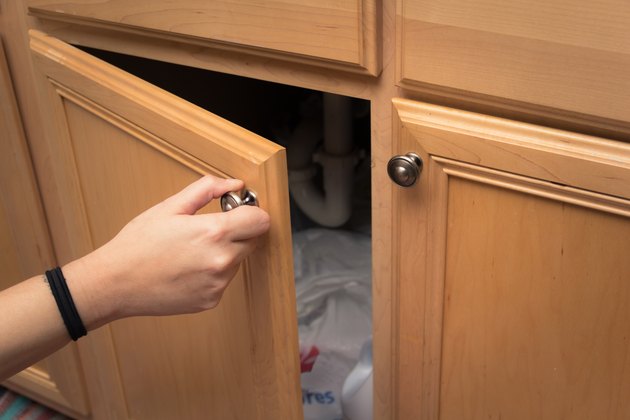 If you've noticed a persistent damp smell coming from your bathroom sink, you're not alone. Many homeowners struggle with this unpleasant odor, and it can be quite challenging to get rid of. Not only is it a nuisance, but it can also be a sign of a larger issue in your house design. Let's dive into the causes of a damp smell in your bathroom sink and some effective solutions to combat it.
If you've noticed a persistent damp smell coming from your bathroom sink, you're not alone. Many homeowners struggle with this unpleasant odor, and it can be quite challenging to get rid of. Not only is it a nuisance, but it can also be a sign of a larger issue in your house design. Let's dive into the causes of a damp smell in your bathroom sink and some effective solutions to combat it.
The Culprits Behind the Damp Smell
 There are several reasons why your bathroom sink may have a damp smell. Firstly, it could be due to poor ventilation in your bathroom. When there isn't enough airflow, moisture can build up, leading to the growth of mold and mildew. These fungi not only produce a musty odor but can also be harmful to your health. Another common culprit is a clogged drain. When hair, soap scum, and other debris accumulate in your drain, it creates a breeding ground for bacteria that emit a foul smell. Lastly, a leak in your sink's plumbing could also be the cause of the damp smell. If the pipes are damaged or not installed correctly, water can seep into the walls or floor, creating a perfect environment for mold and bacteria to thrive.
There are several reasons why your bathroom sink may have a damp smell. Firstly, it could be due to poor ventilation in your bathroom. When there isn't enough airflow, moisture can build up, leading to the growth of mold and mildew. These fungi not only produce a musty odor but can also be harmful to your health. Another common culprit is a clogged drain. When hair, soap scum, and other debris accumulate in your drain, it creates a breeding ground for bacteria that emit a foul smell. Lastly, a leak in your sink's plumbing could also be the cause of the damp smell. If the pipes are damaged or not installed correctly, water can seep into the walls or floor, creating a perfect environment for mold and bacteria to thrive.
Effective Solutions to Combat the Damp Smell
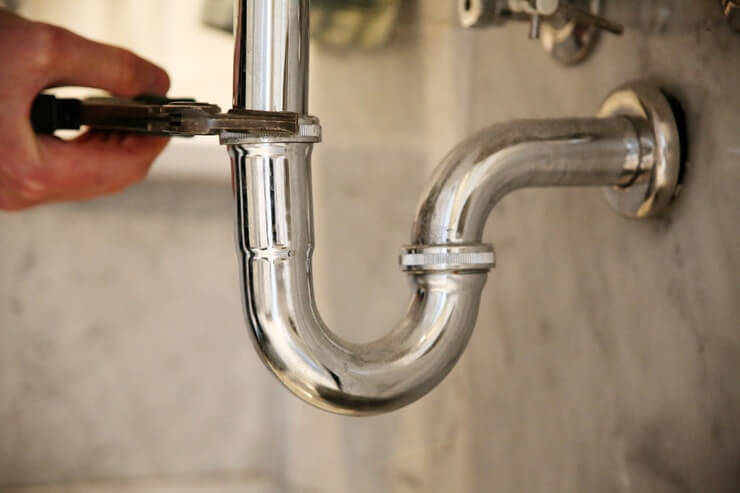 The first step in getting rid of the damp smell in your bathroom sink is to address the root cause. If it's due to poor ventilation, consider installing a bathroom fan or opening a window during and after showering. Regularly cleaning your sink's drain with a mixture of baking soda and vinegar can help prevent clogs and eliminate any lingering odors. If the smell persists, you may need to call a professional plumber to inspect and fix any leaks in the plumbing. Additionally, incorporating some natural air fresheners, such as citrus peels or essential oils, can help mask the damp smell while also providing a refreshing scent in your bathroom.
The first step in getting rid of the damp smell in your bathroom sink is to address the root cause. If it's due to poor ventilation, consider installing a bathroom fan or opening a window during and after showering. Regularly cleaning your sink's drain with a mixture of baking soda and vinegar can help prevent clogs and eliminate any lingering odors. If the smell persists, you may need to call a professional plumber to inspect and fix any leaks in the plumbing. Additionally, incorporating some natural air fresheners, such as citrus peels or essential oils, can help mask the damp smell while also providing a refreshing scent in your bathroom.
Don't Neglect Your House Design
 While it's essential to address the damp smell in your bathroom sink promptly, it's also crucial to consider your house design as a whole. A well-designed bathroom should have proper ventilation, durable and leak-proof plumbing, and easy-to-clean surfaces to prevent the growth of mold and bacteria. Investing in a high-quality bathroom renovation or remodel can not only eliminate the damp smell but also enhance the overall functionality and aesthetics of your space.
In conclusion, a damp smell in your bathroom sink can be a sign of underlying issues in your house design. By identifying the cause and implementing effective solutions, you can eliminate the unpleasant odor and maintain a clean and healthy bathroom. Don't let the damp smell take over your bathroom; take action today and enjoy a fresh and inviting space.
While it's essential to address the damp smell in your bathroom sink promptly, it's also crucial to consider your house design as a whole. A well-designed bathroom should have proper ventilation, durable and leak-proof plumbing, and easy-to-clean surfaces to prevent the growth of mold and bacteria. Investing in a high-quality bathroom renovation or remodel can not only eliminate the damp smell but also enhance the overall functionality and aesthetics of your space.
In conclusion, a damp smell in your bathroom sink can be a sign of underlying issues in your house design. By identifying the cause and implementing effective solutions, you can eliminate the unpleasant odor and maintain a clean and healthy bathroom. Don't let the damp smell take over your bathroom; take action today and enjoy a fresh and inviting space.



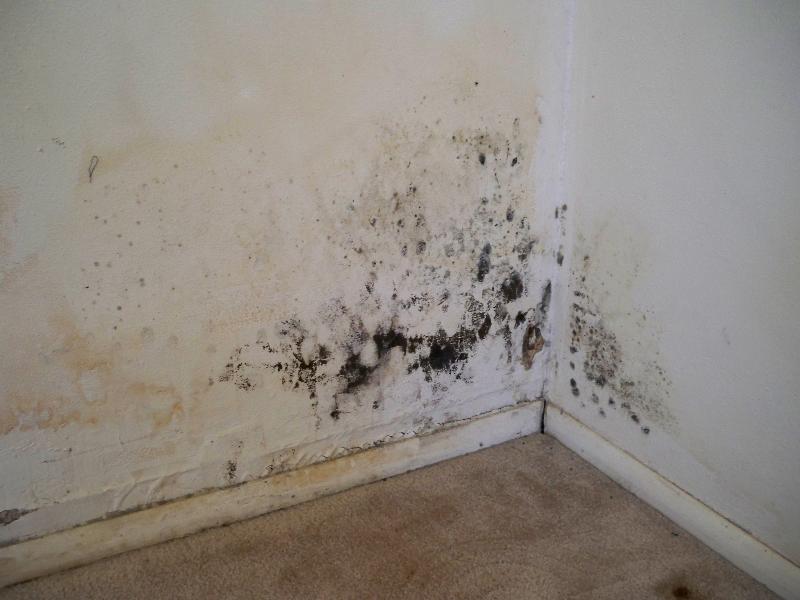



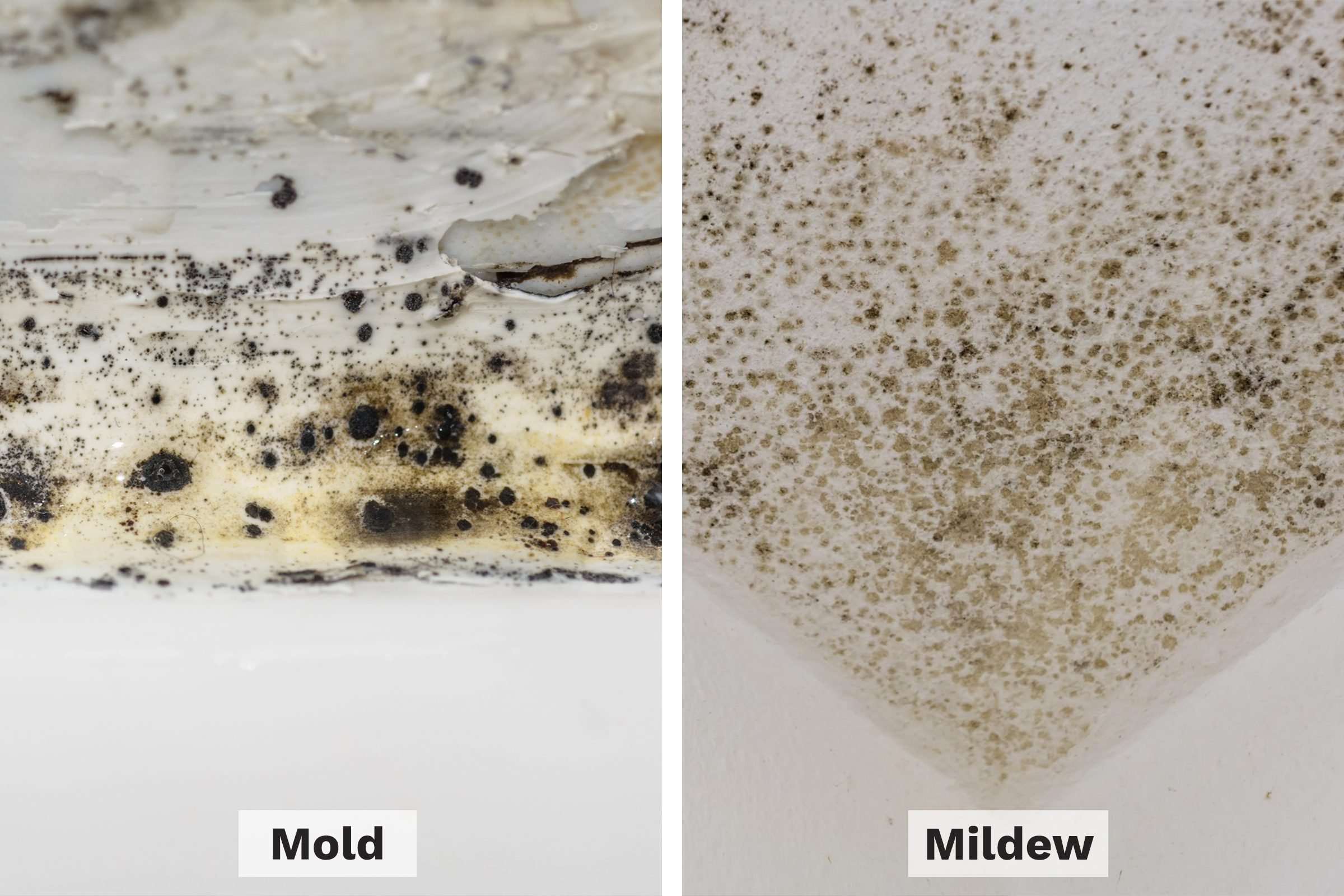

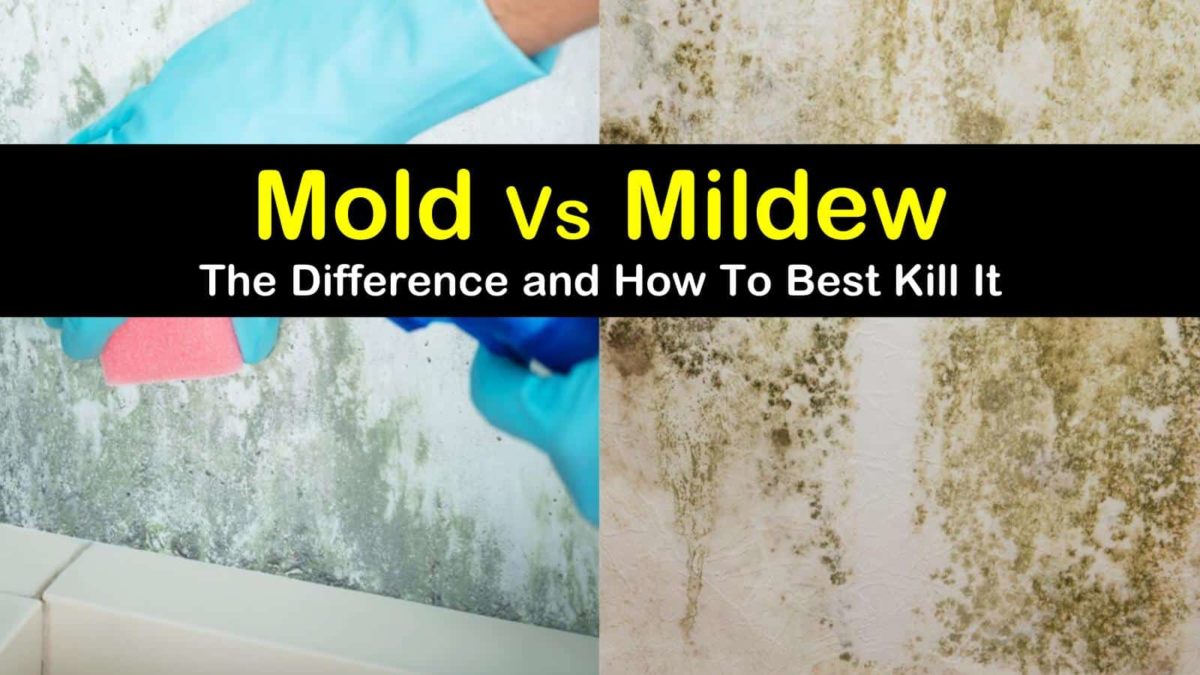
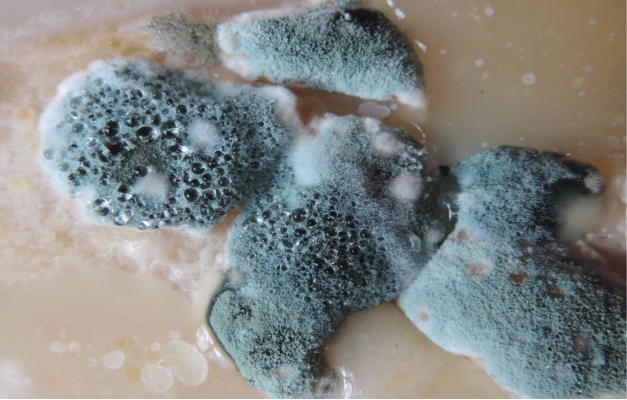

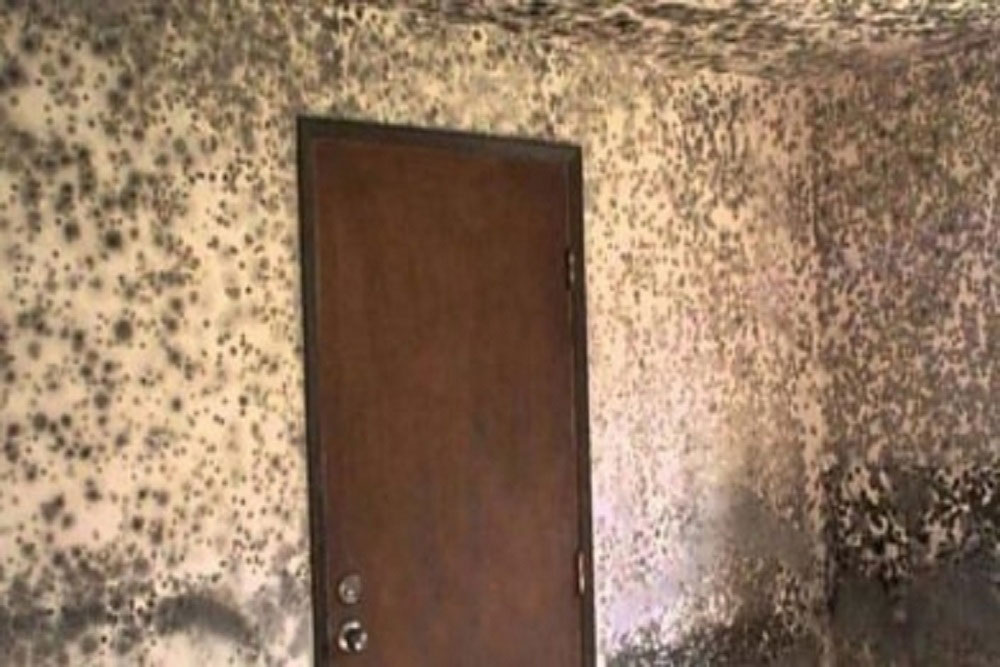







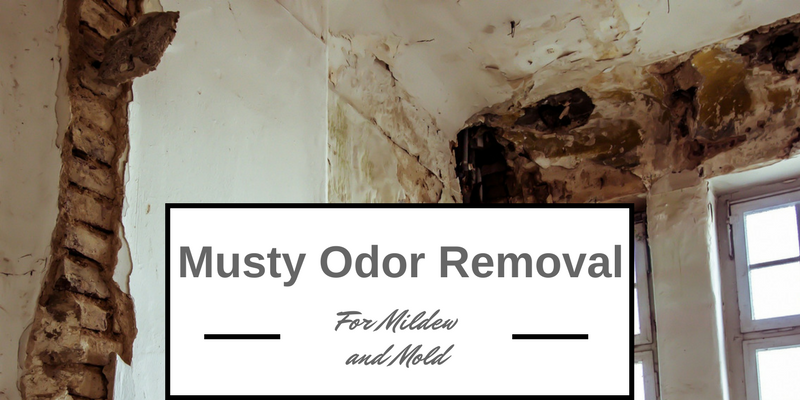


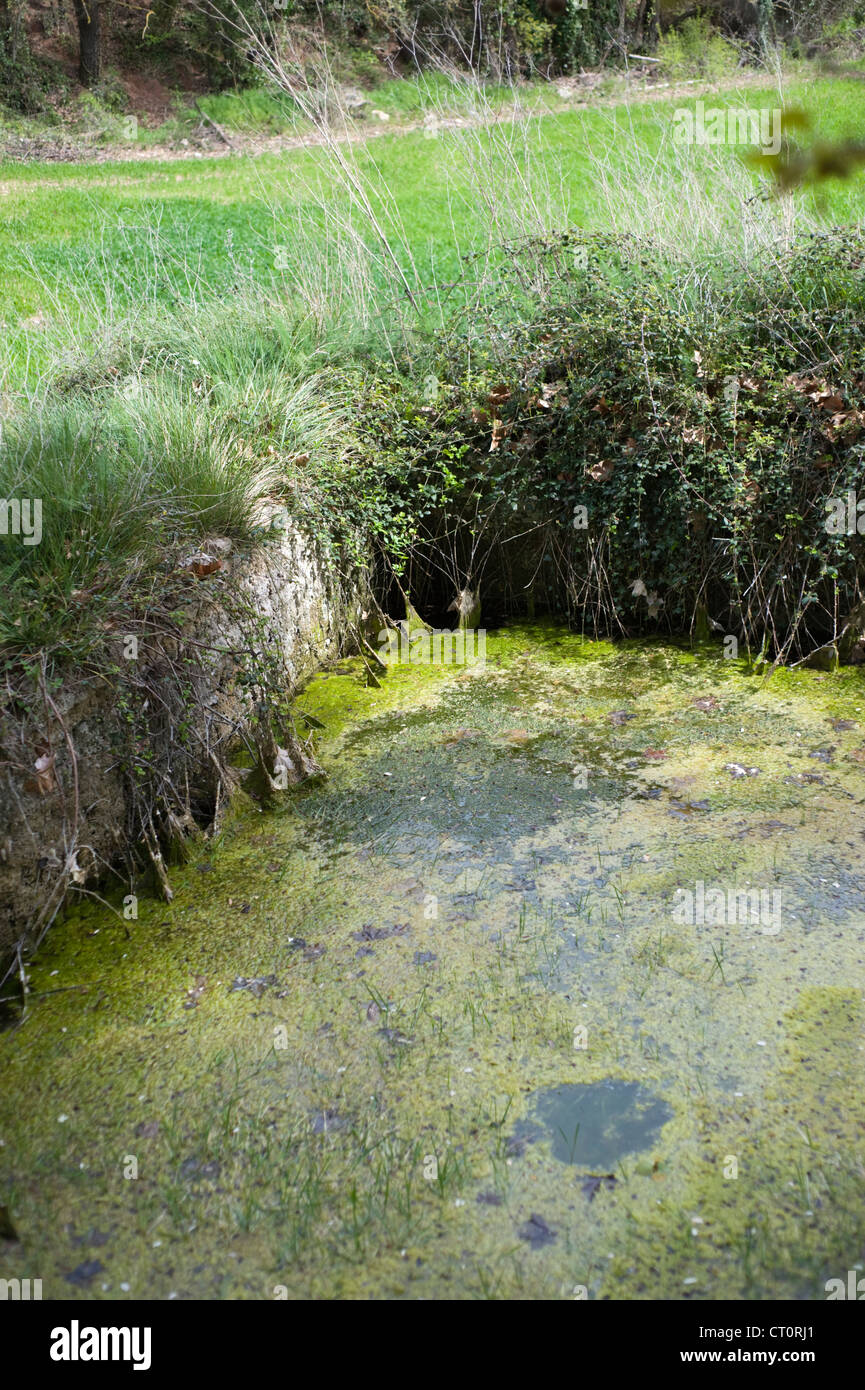


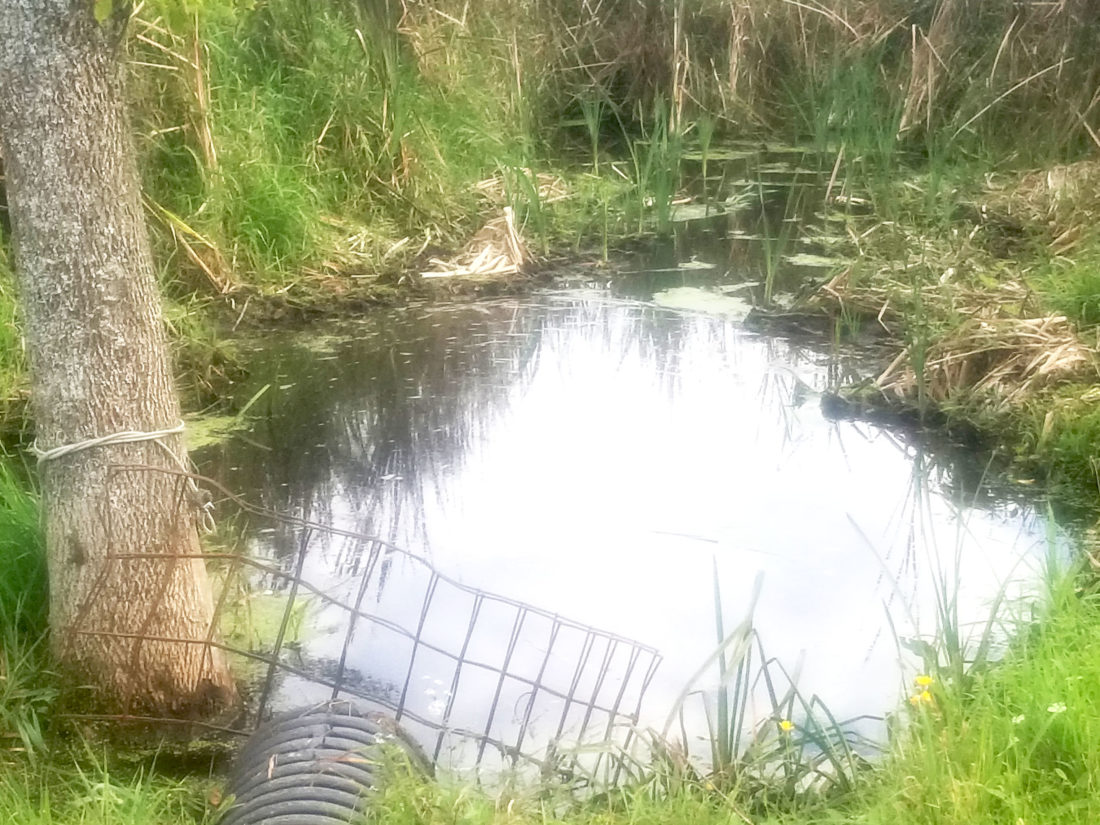

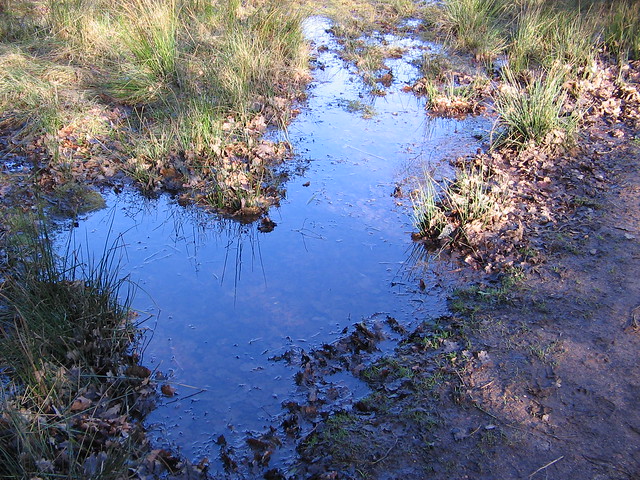
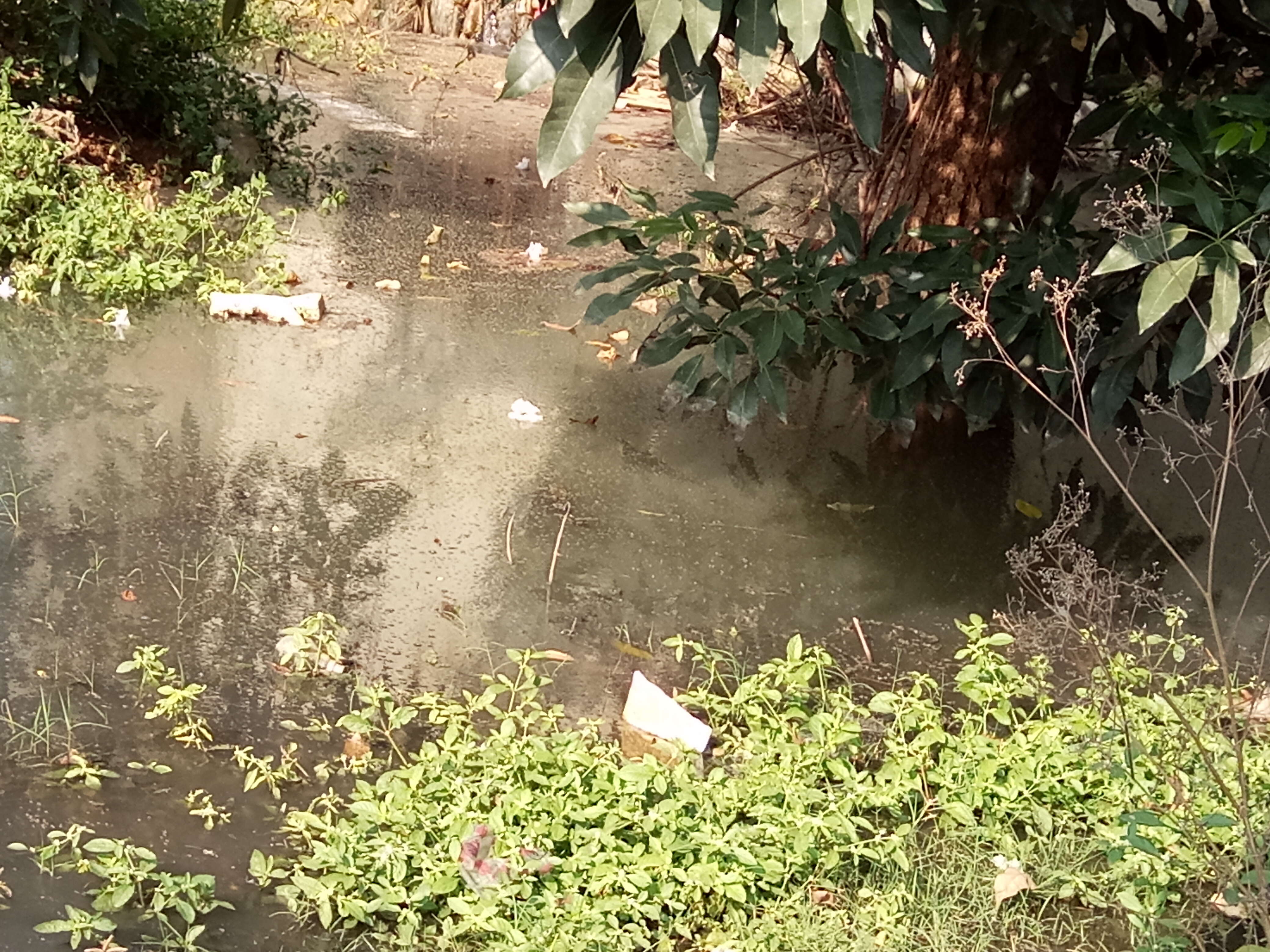
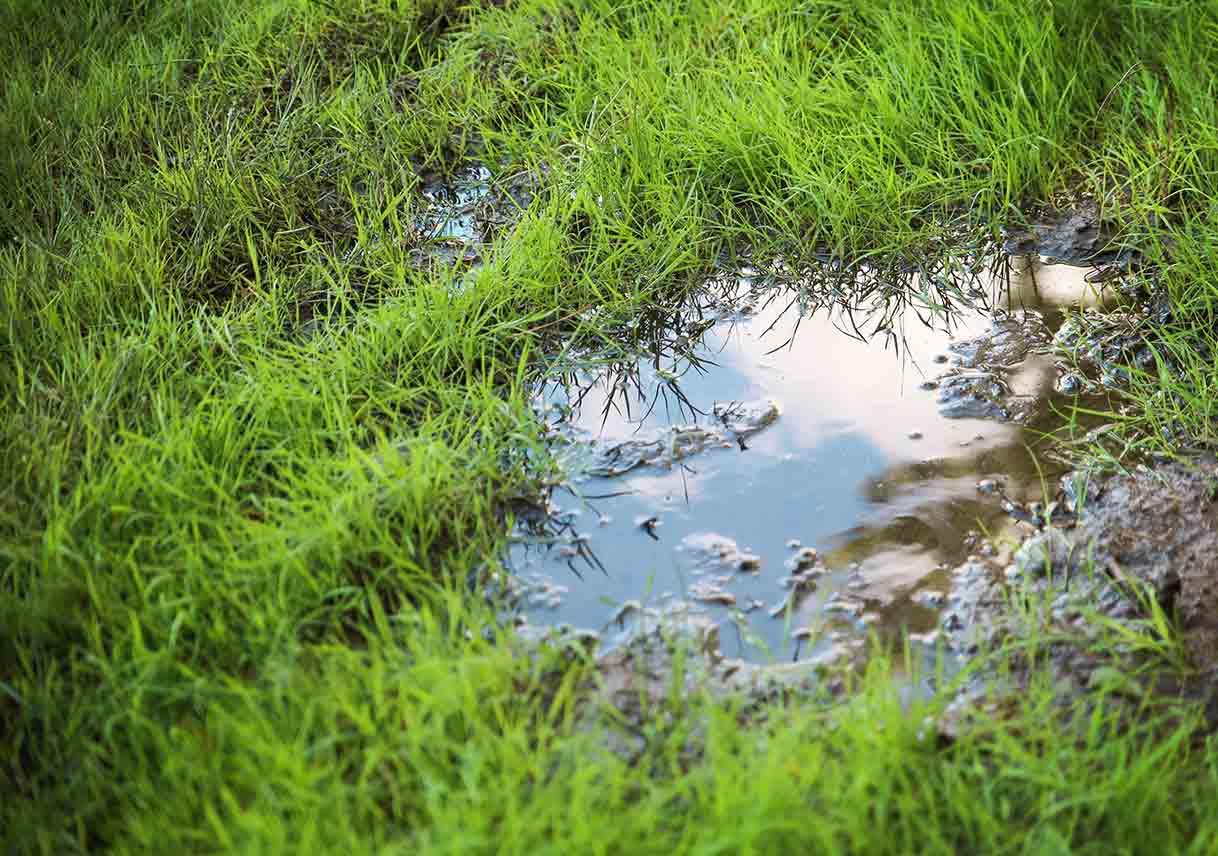
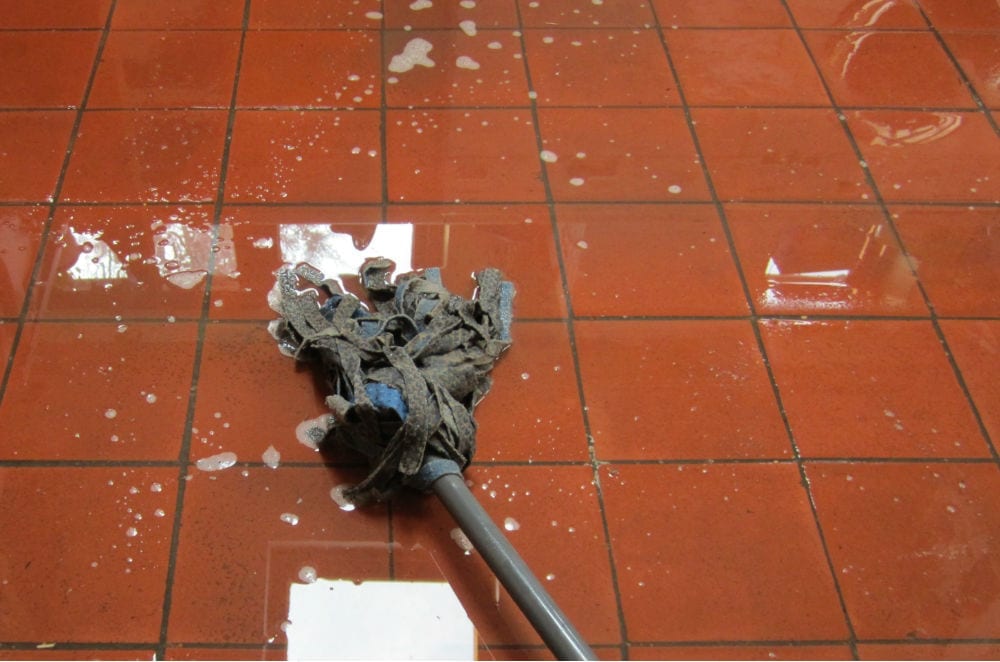
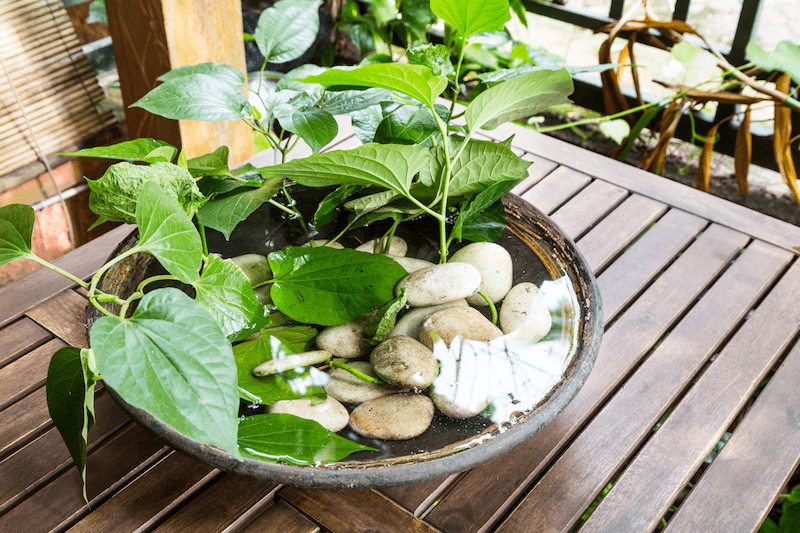
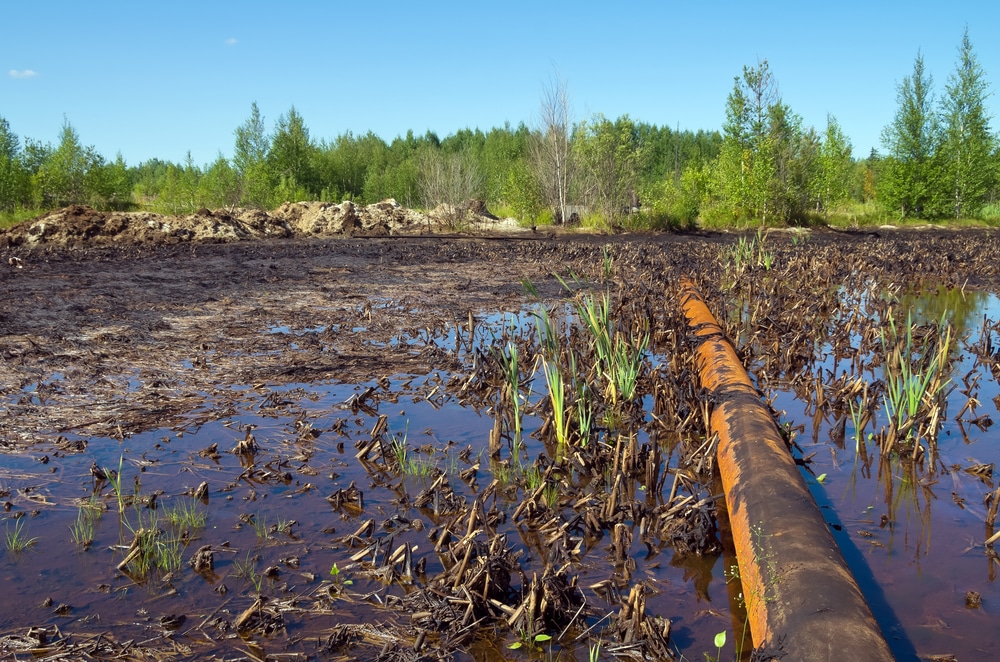






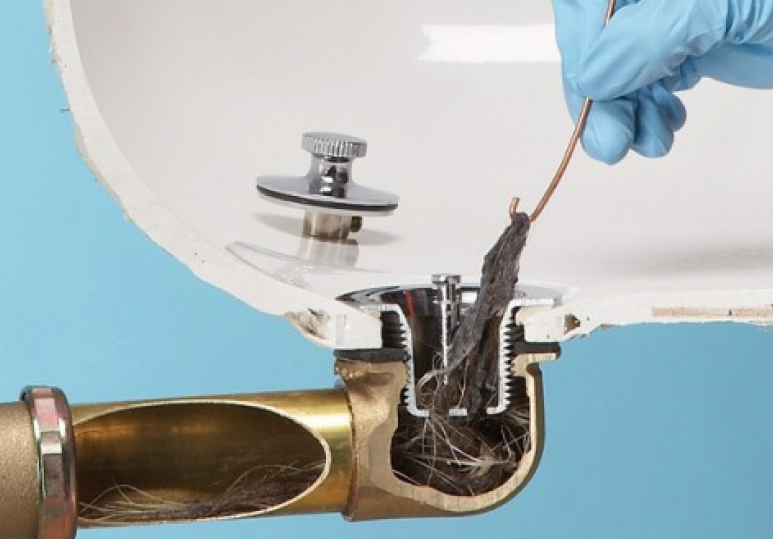
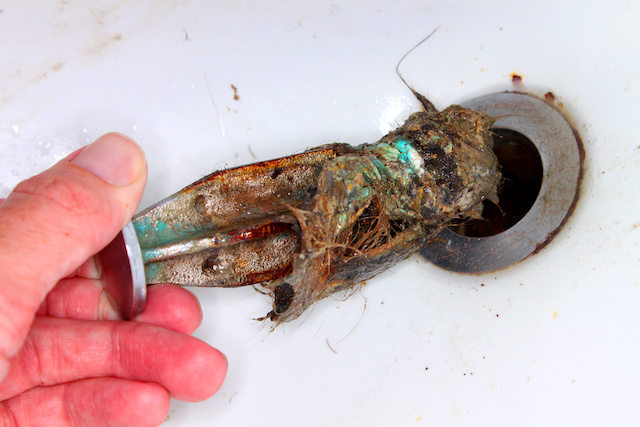
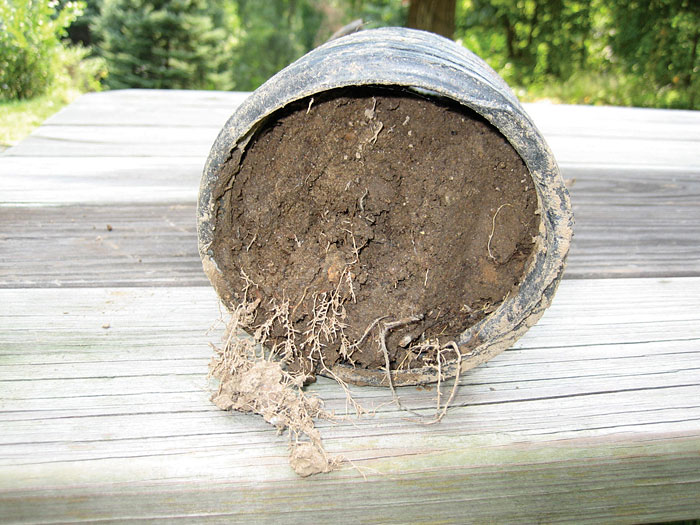

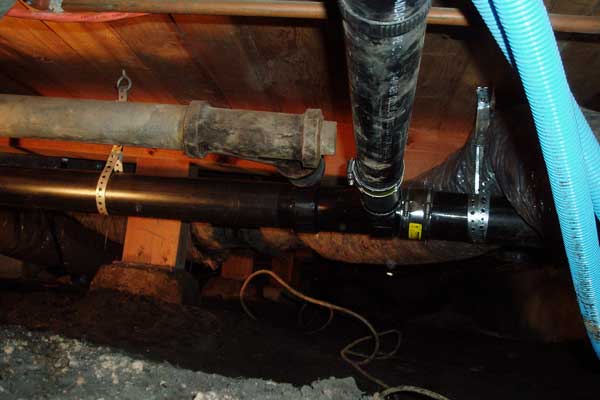




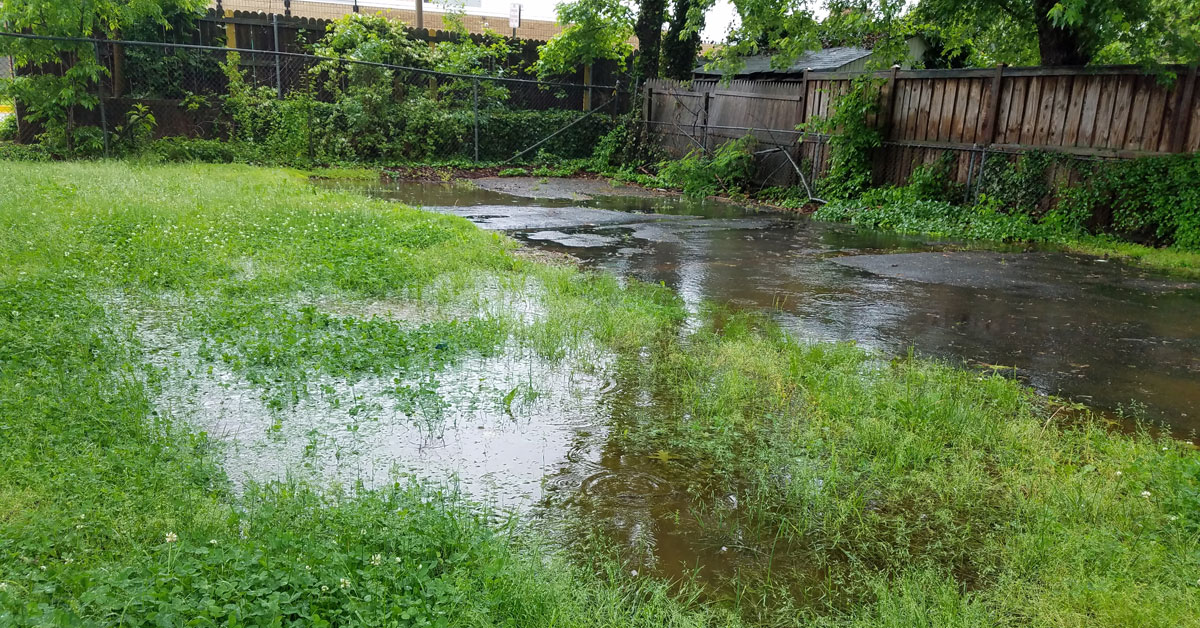
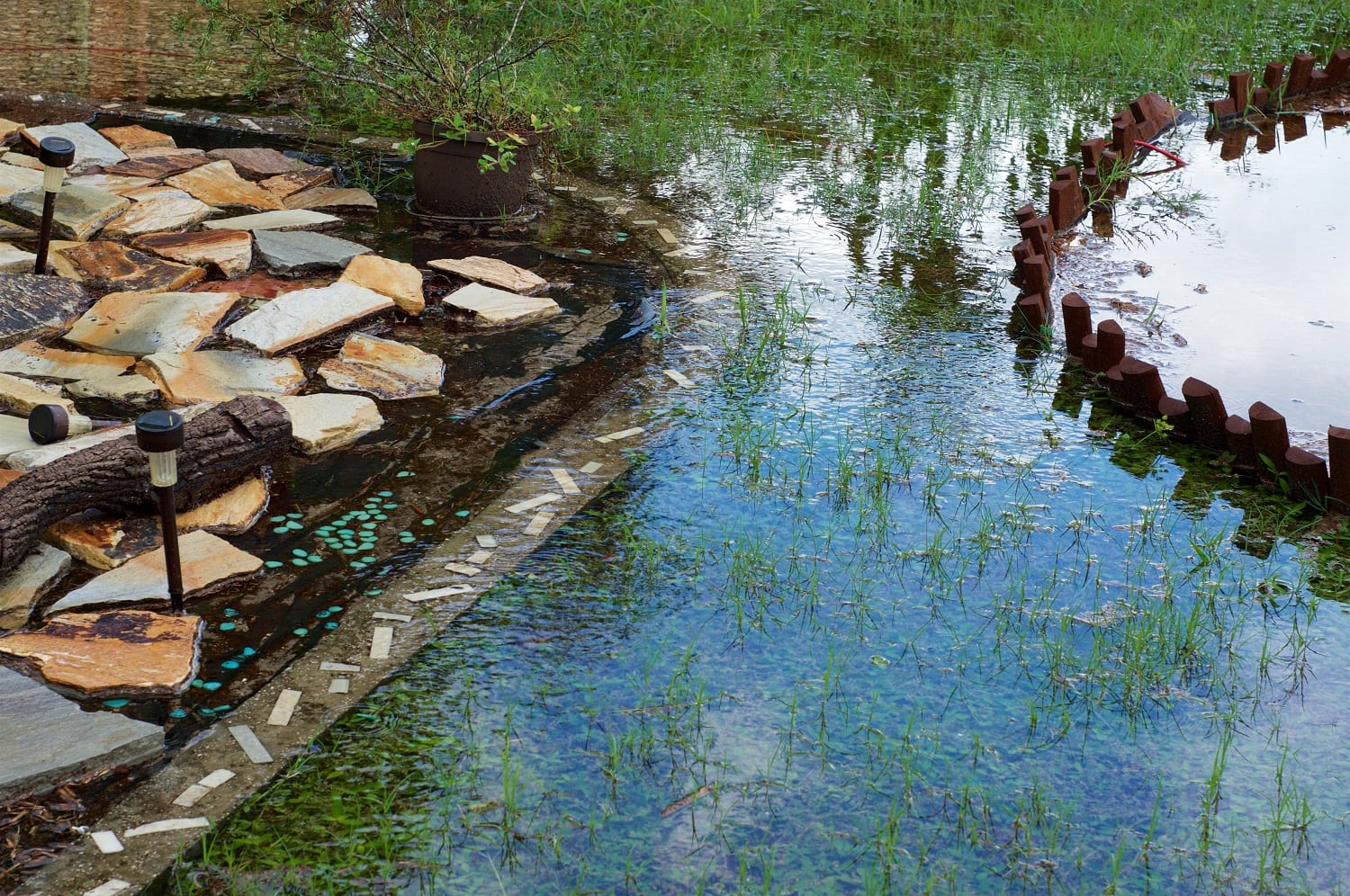

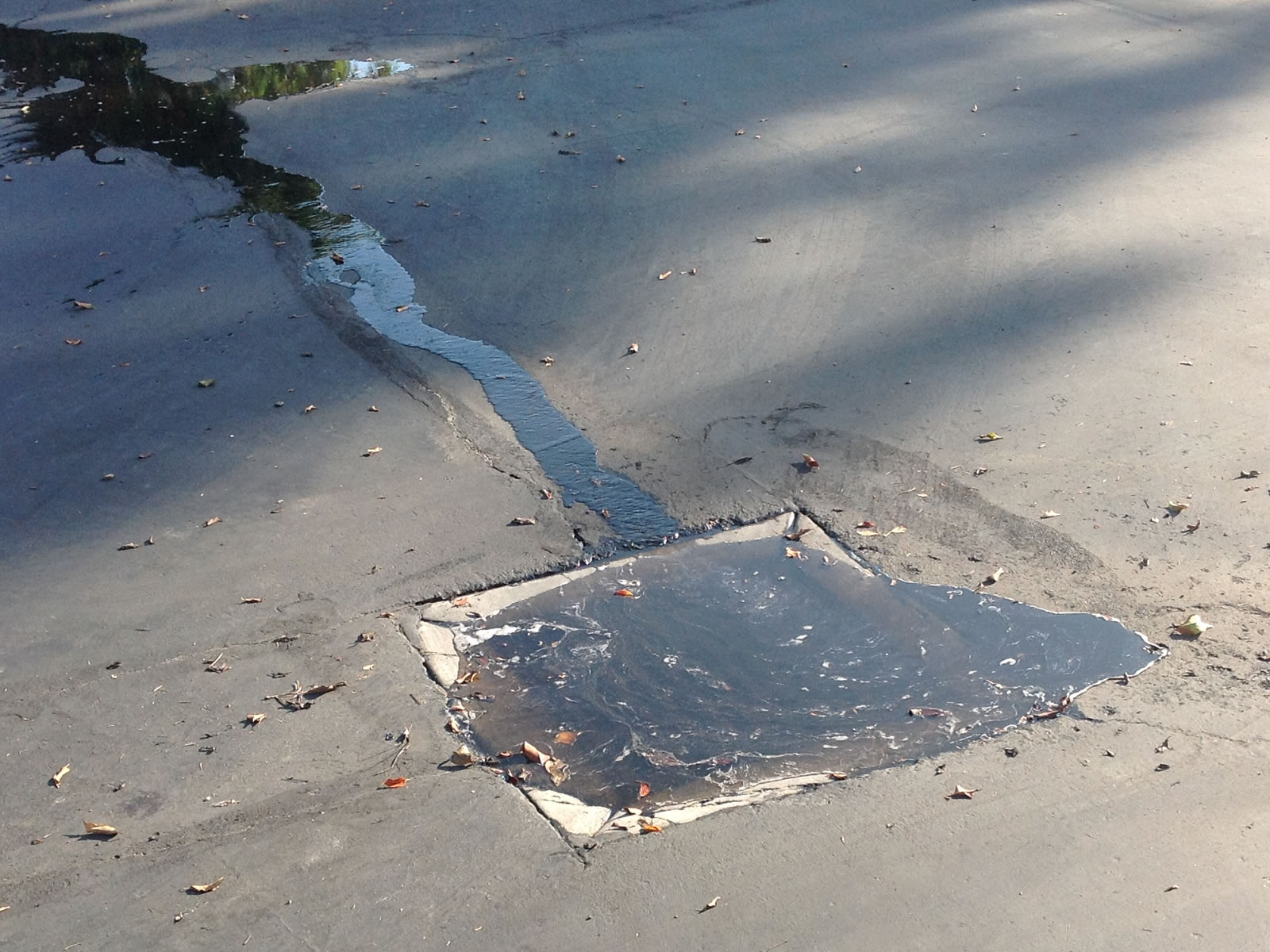



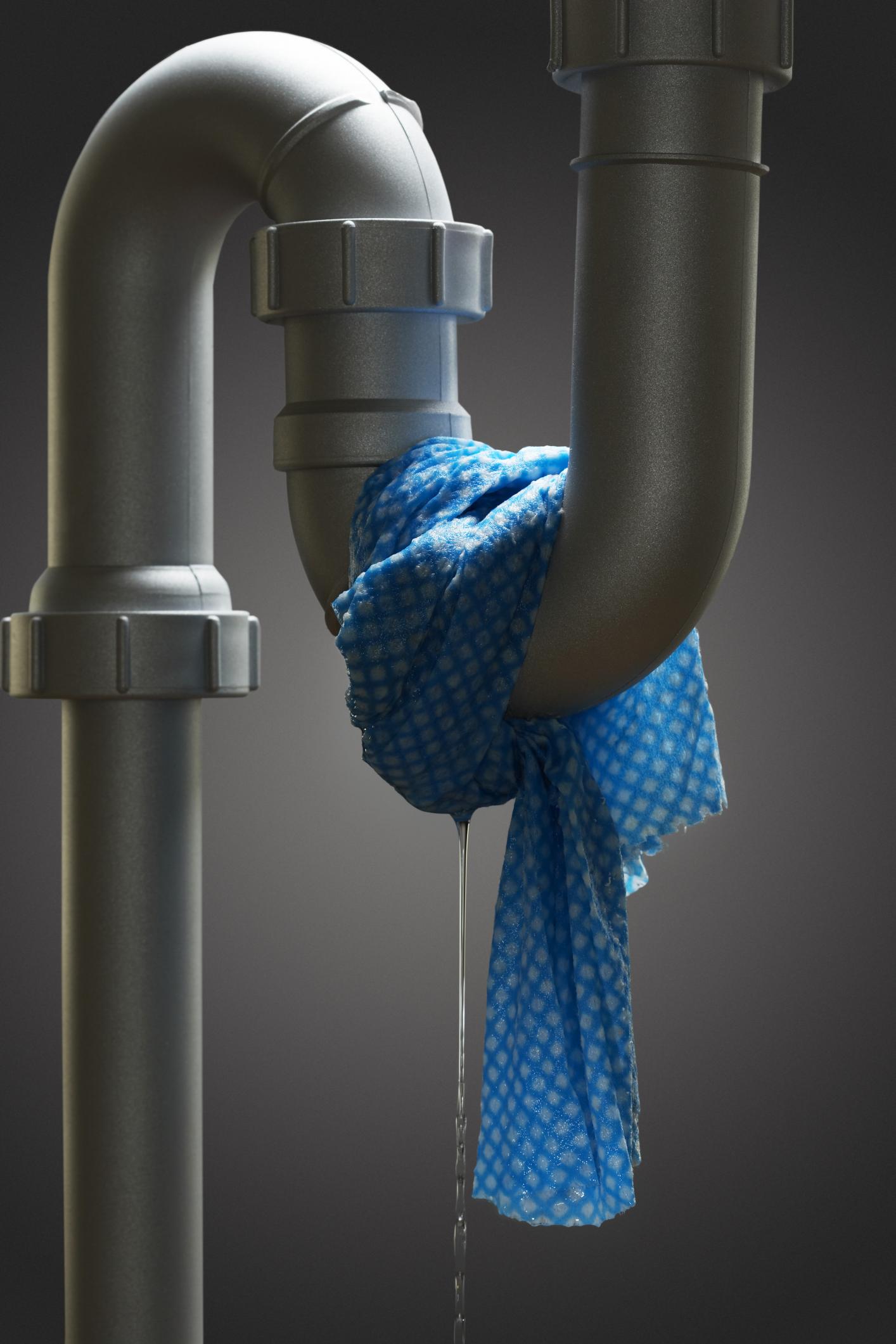


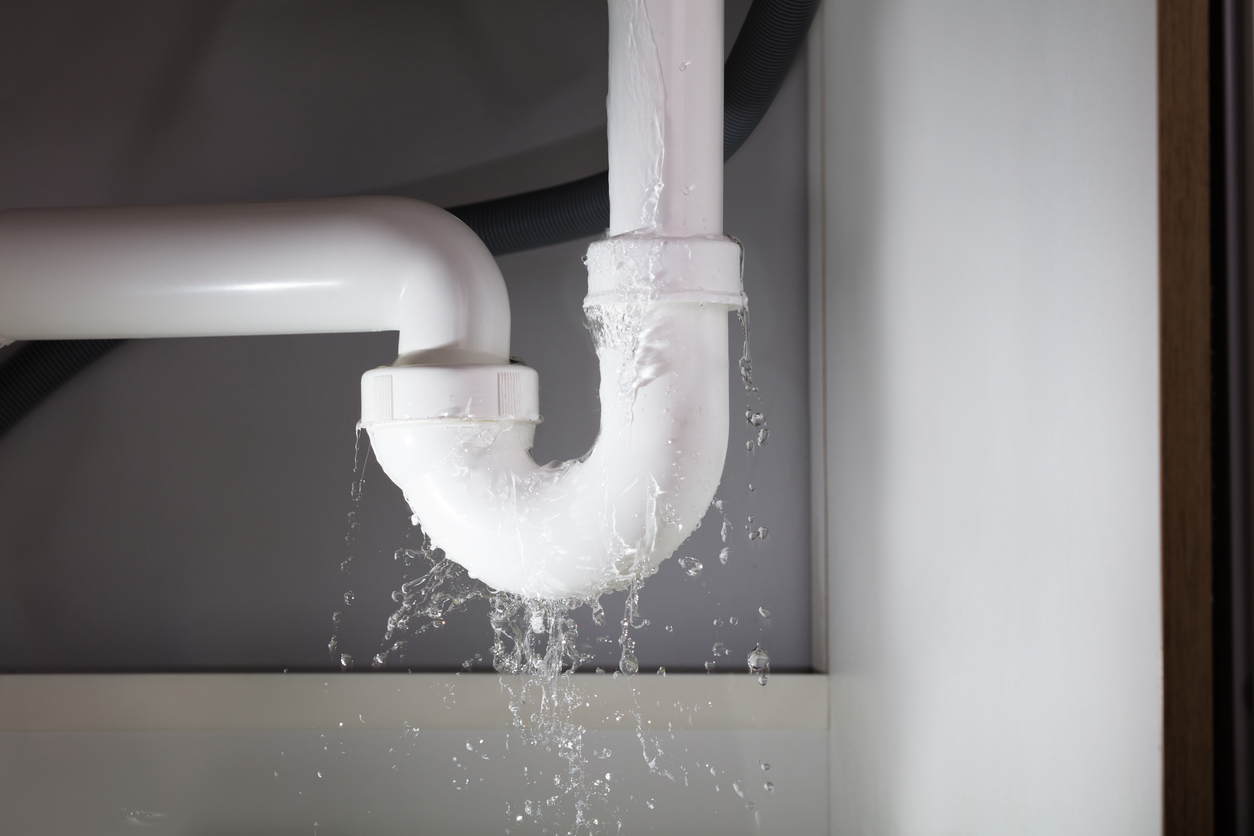

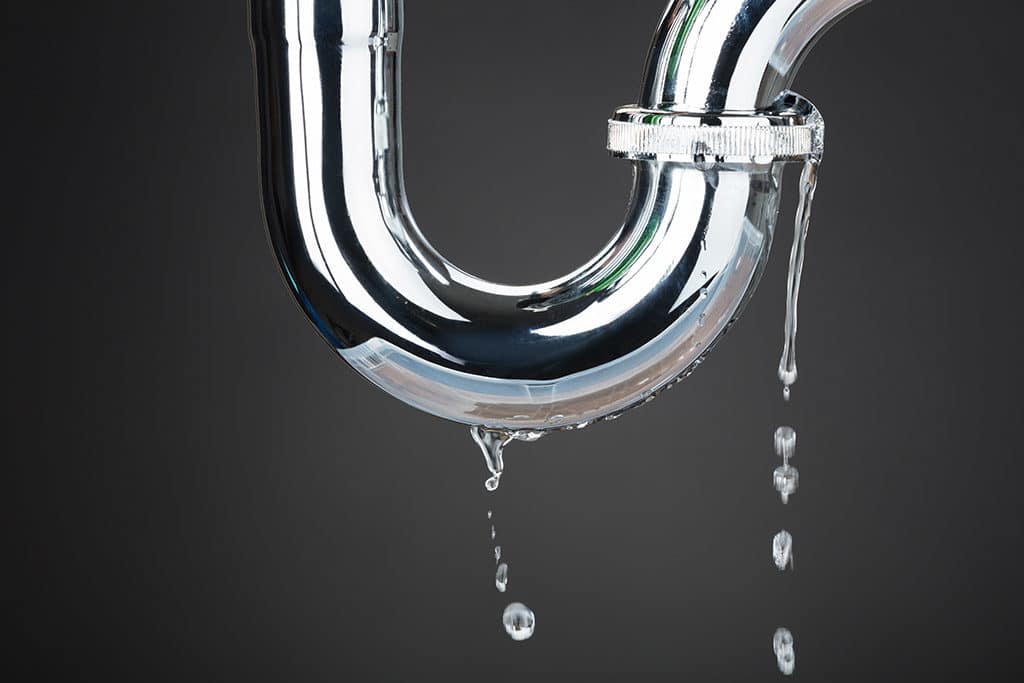



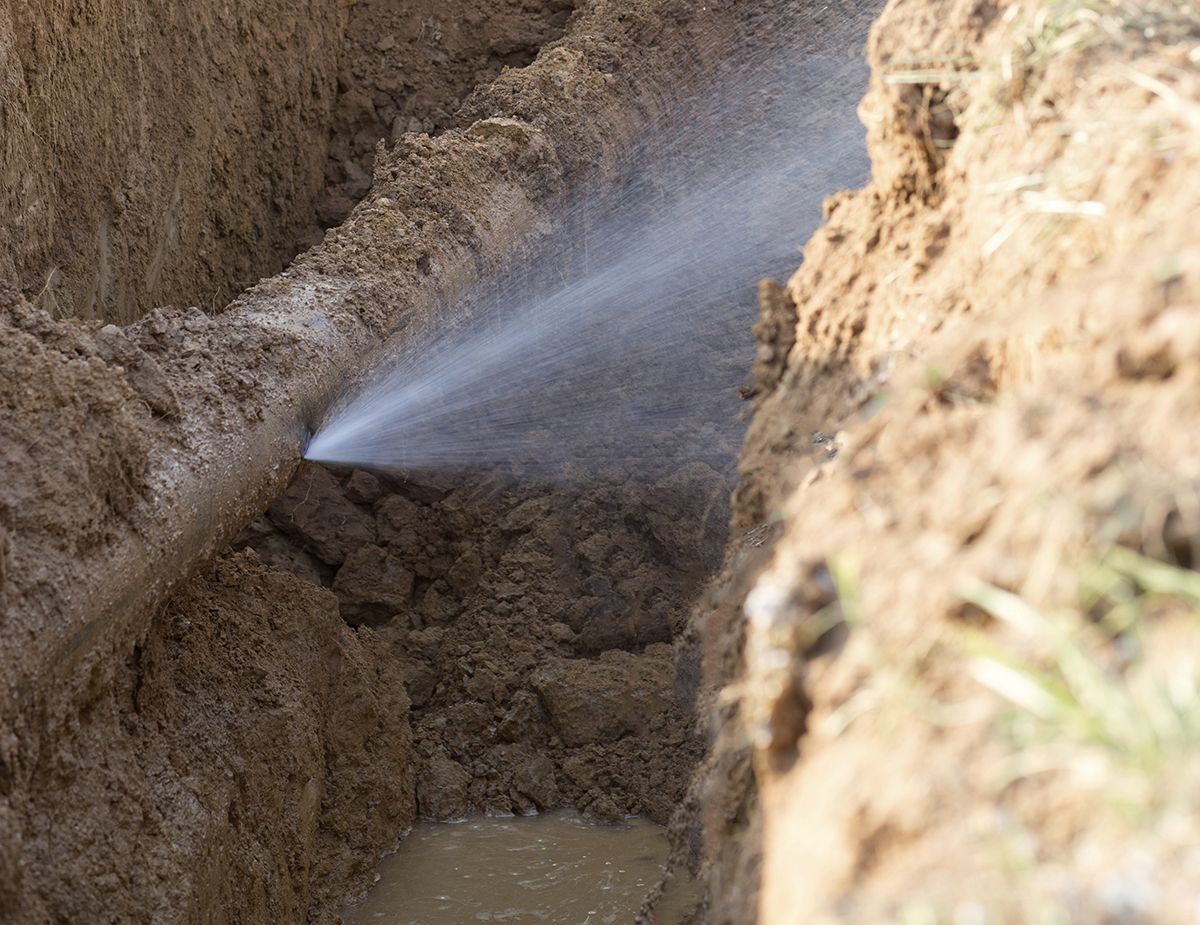





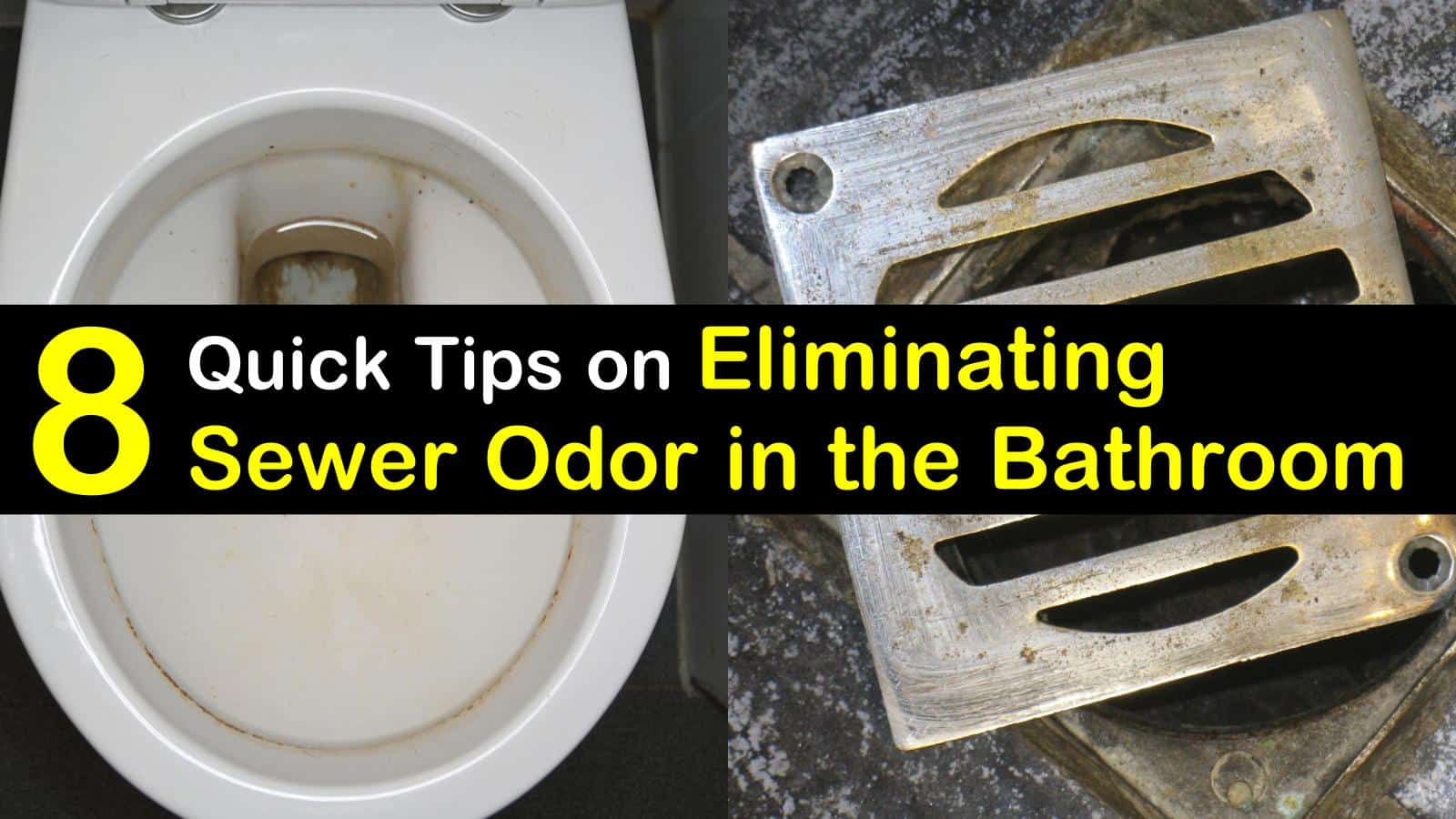
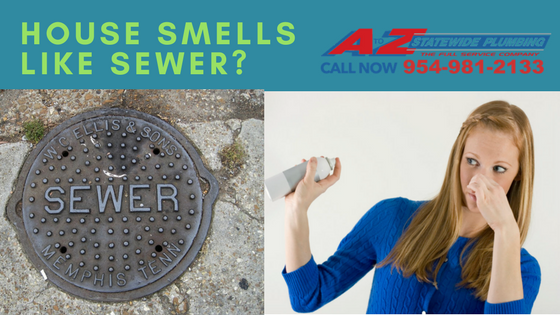
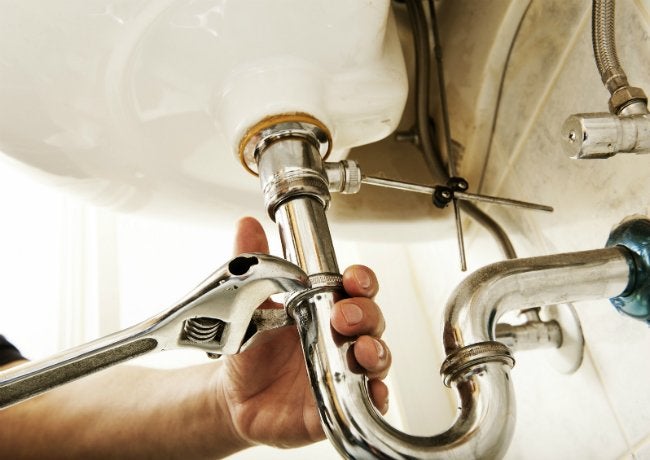









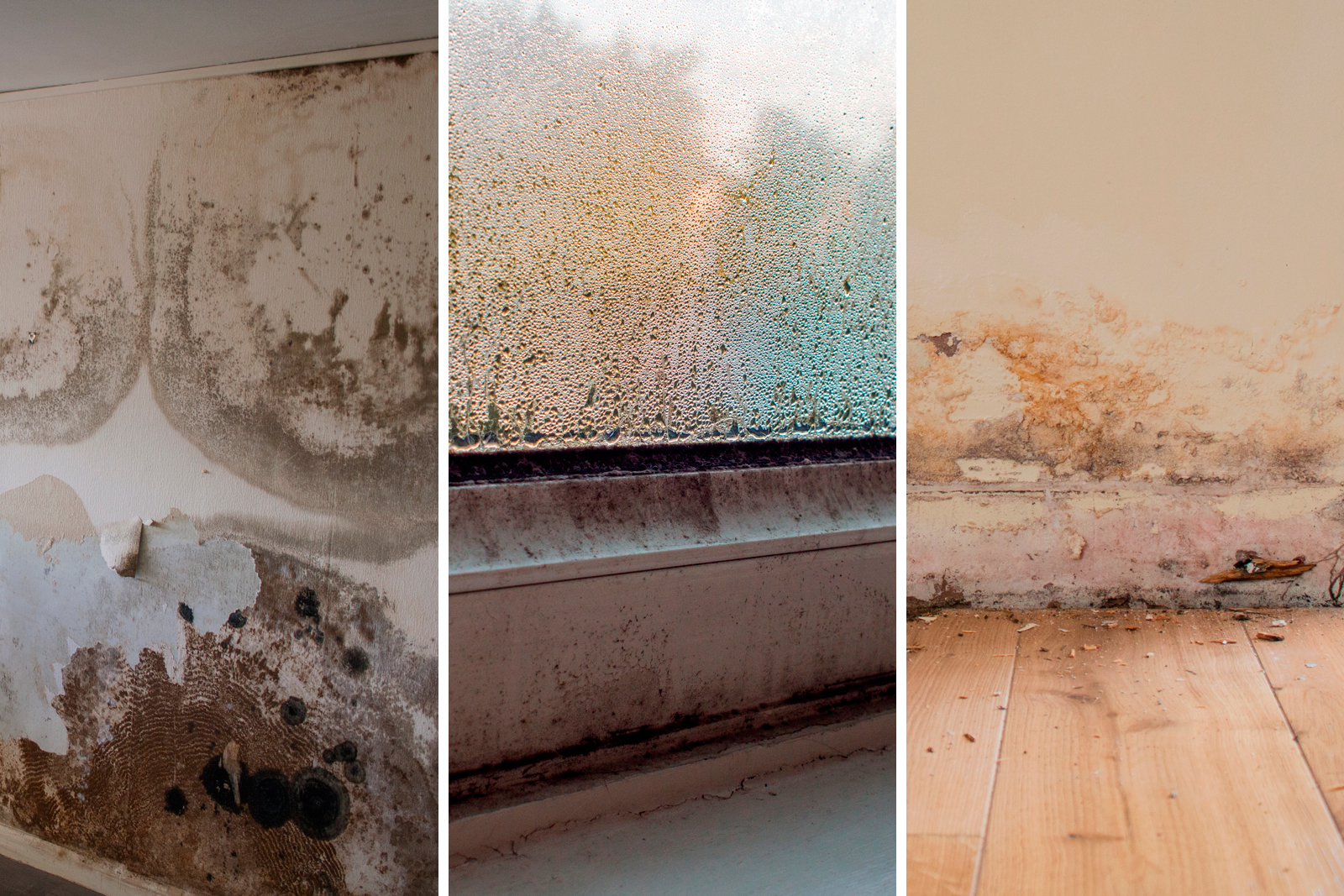
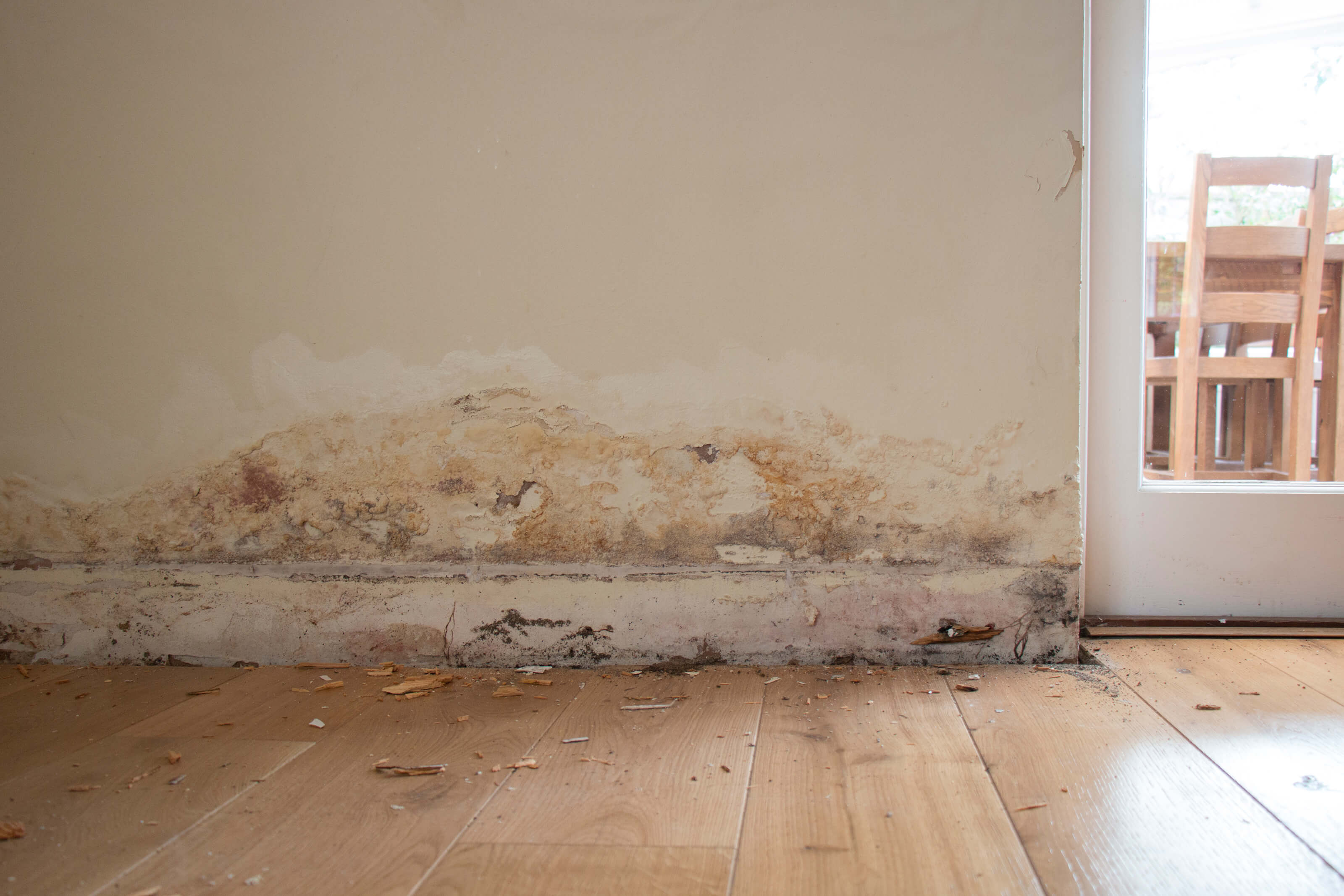
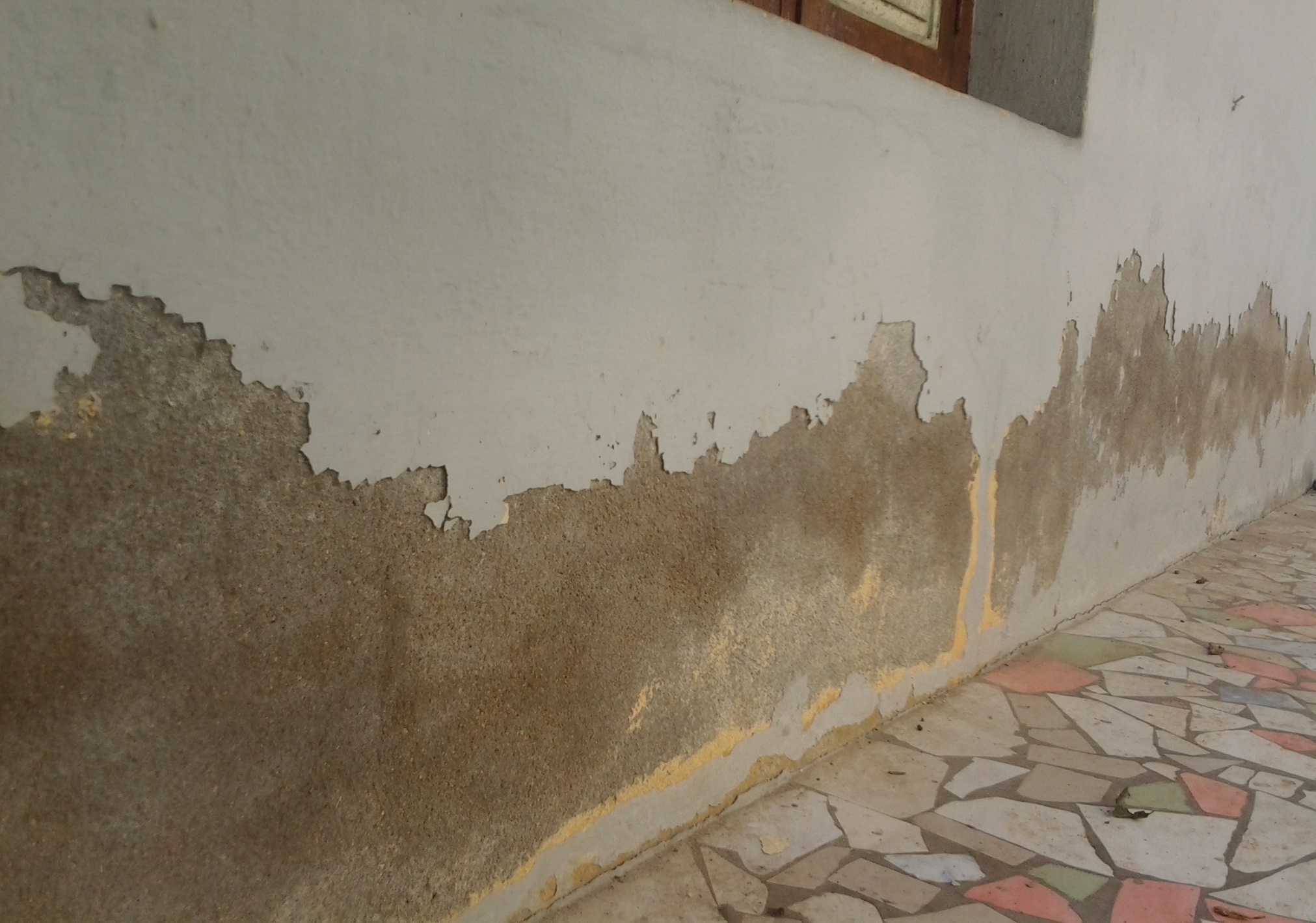
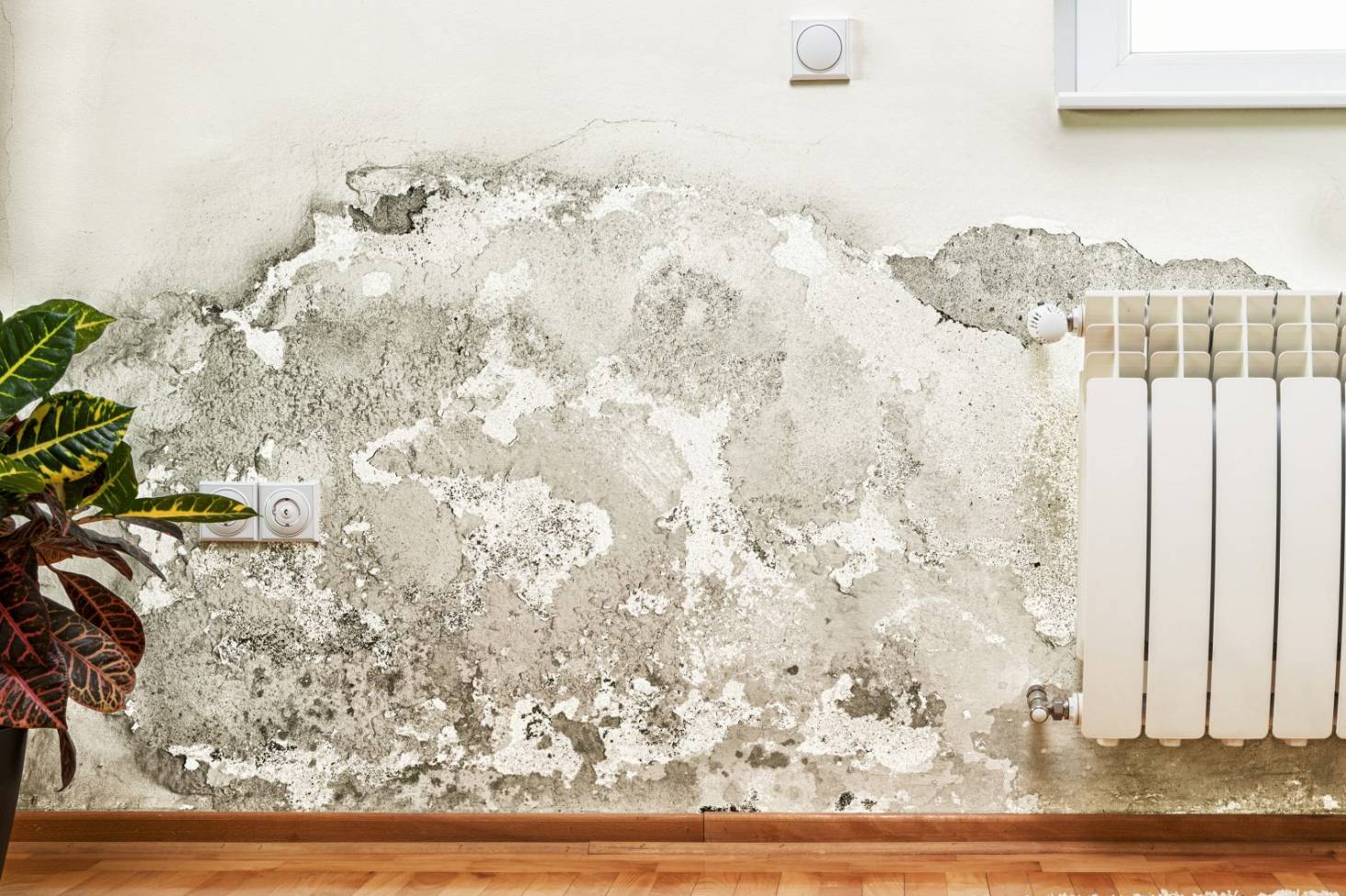



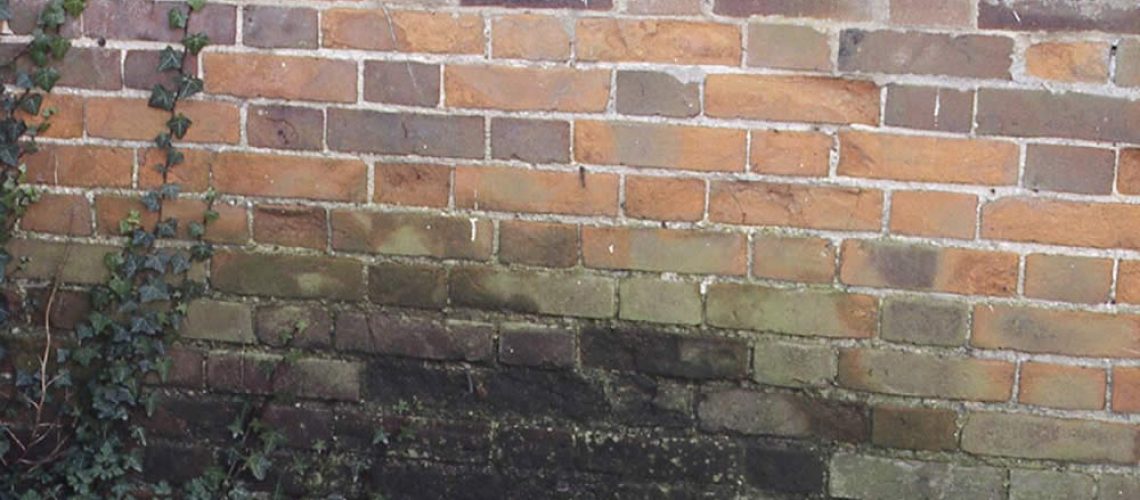







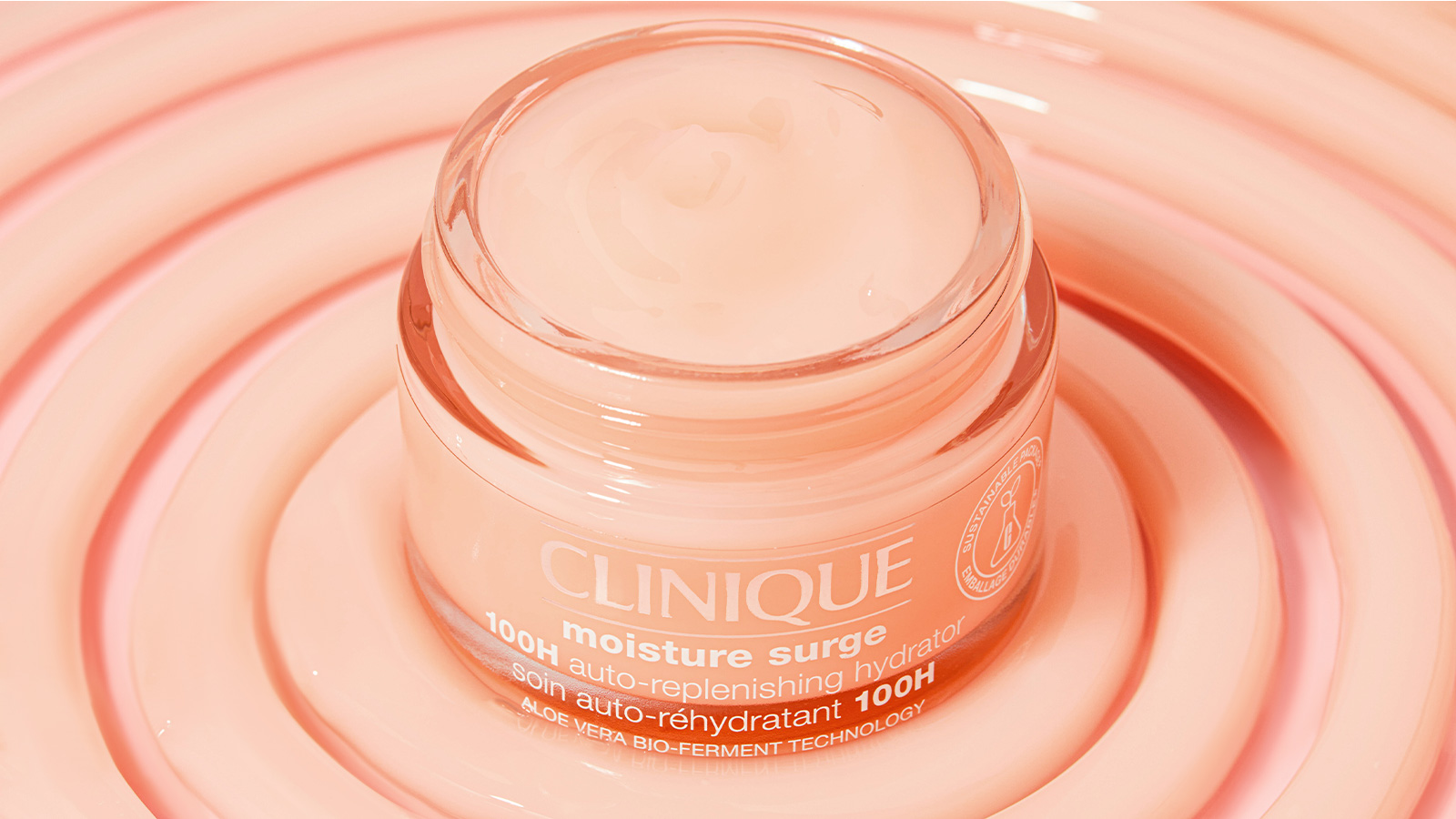
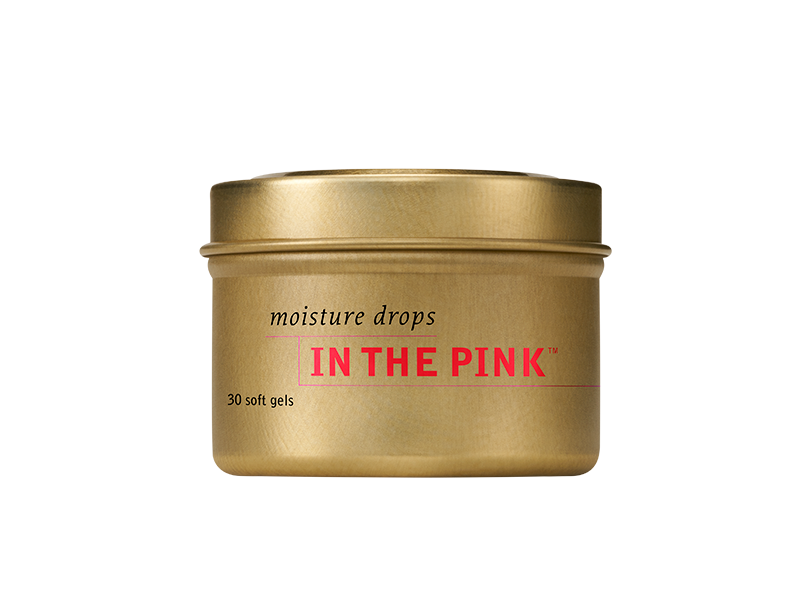

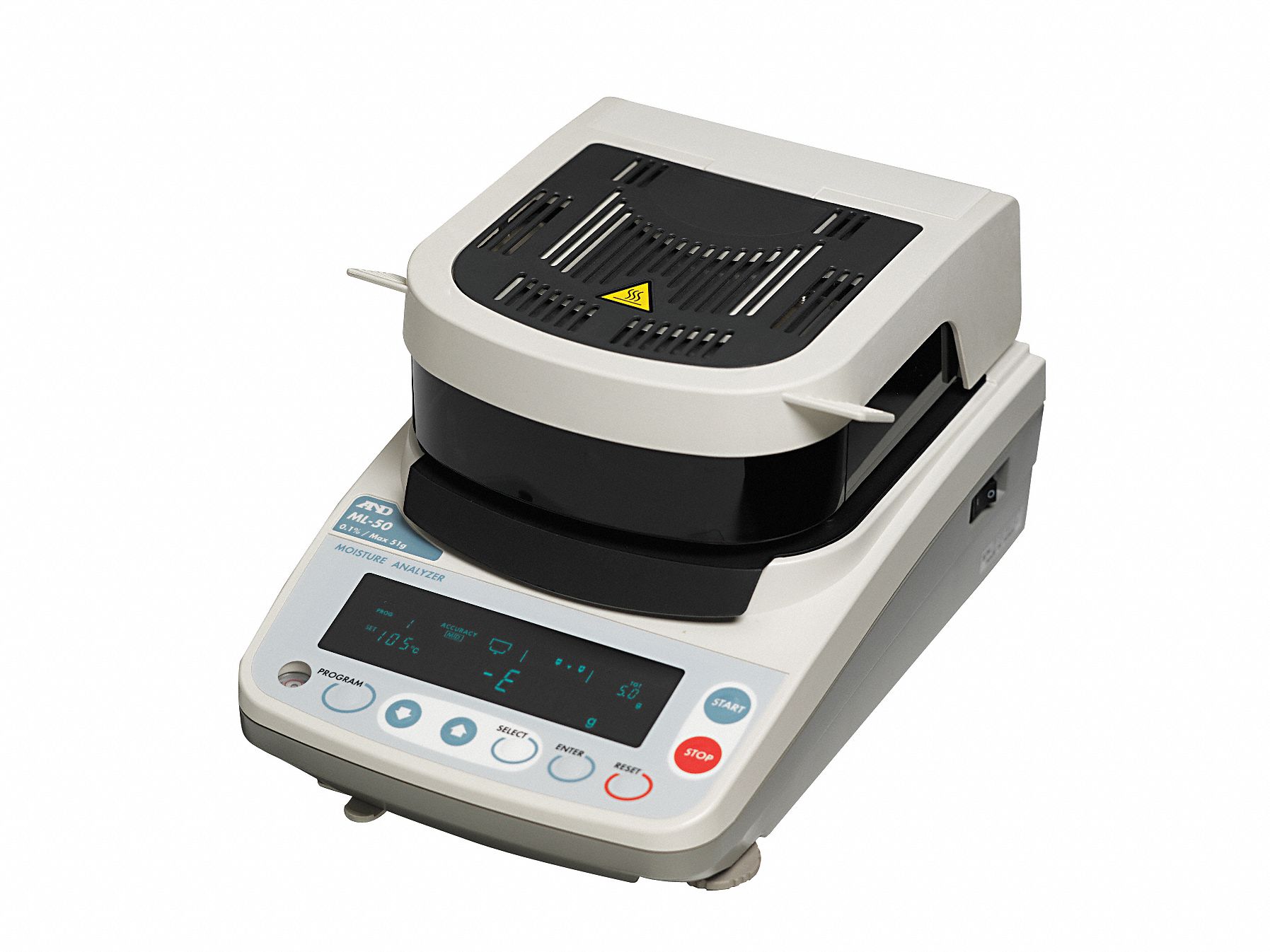





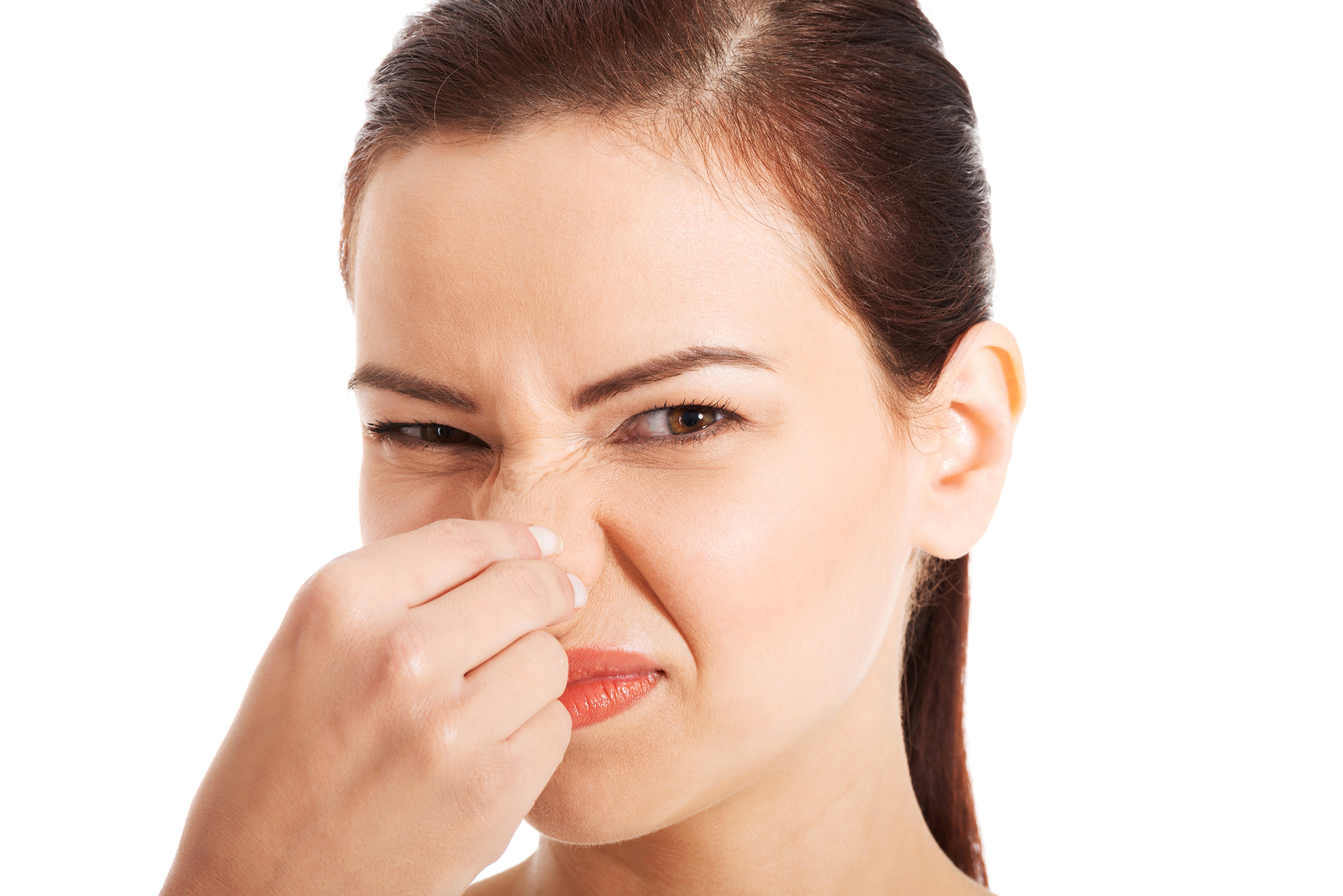

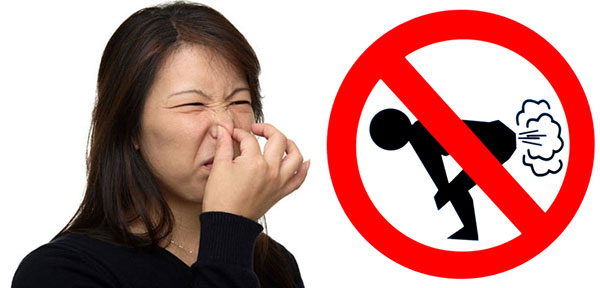








/cdn.vox-cdn.com/uploads/chorus_image/image/55205965/TheRoast_7.0.jpg)


